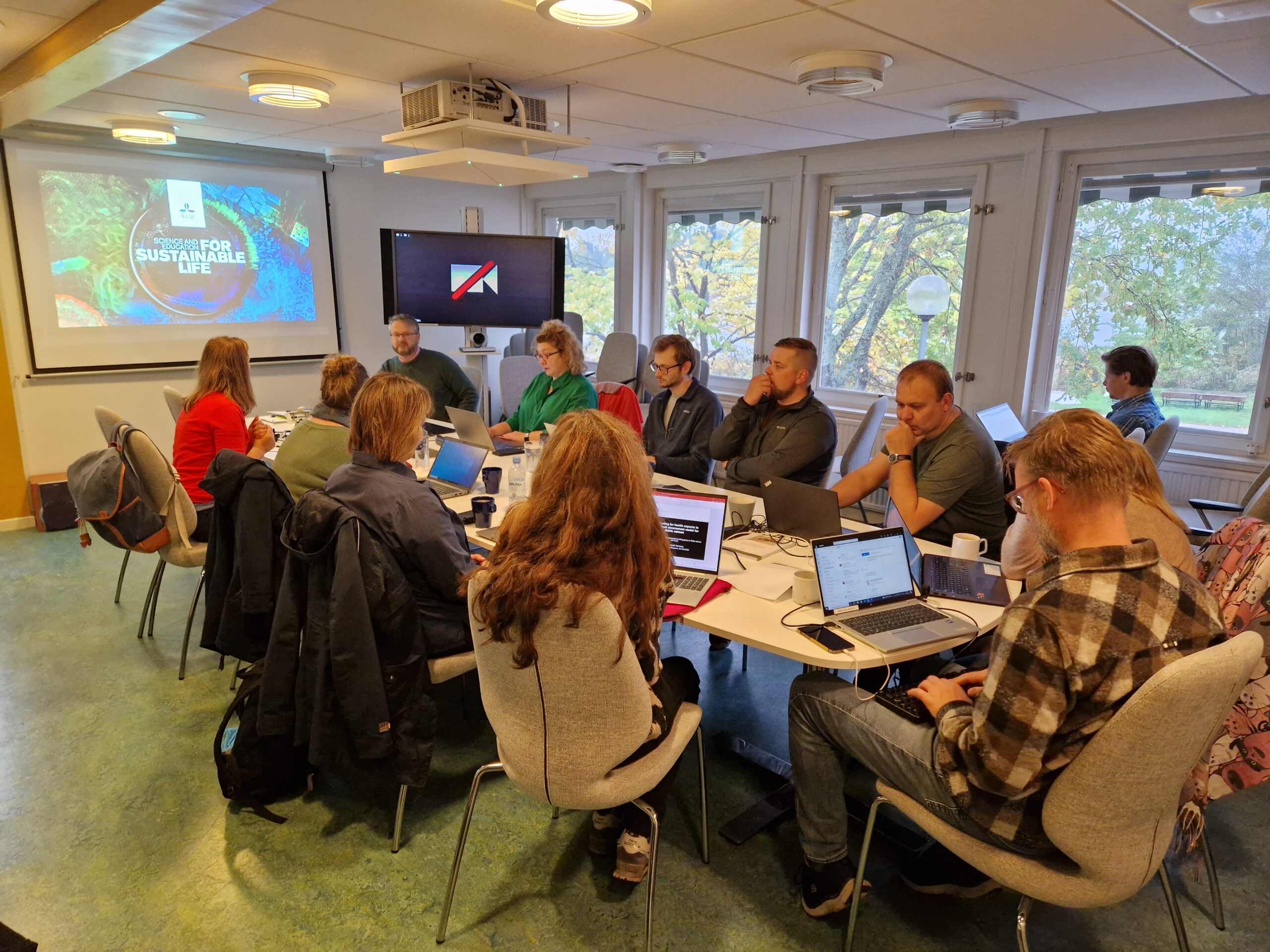During the proceedings of the ICES Assessment Working Group on Baltic Salmon and Trout (ICES WGBAST), there have been increasing alarming signals from the Baltic countries about the occurrence of fish diseases that cause high mortality (e.g. the Ljungan River), which has implications for advising on the status of these fish stocks. It has also been noted in recent years that the survival rate of post-smolts in the sea has been alarmingly low, which translates into a relatively small number of fish returning to Swedish and Finnish rivers to spawn compared to the large number of smolts flowing into the sea during previous years. Alarming information on the incidence of salmonid diseases in the Baltic Sea and Baltic rivers also appears in the reports of the ICES Working Group on Pathology and Diseases of Marine Organisms (ICES WGPDMO). Steps have therefore been taken to identify current health problems in salmon and sea trout from the Baltic and adjacent rivers.
A workshop on the issue of disease incidence in Atlantic salmon (Salmo salar) and sea trout (Salmo trutta m. trutta) from the Baltic Sea and adjacent rivers (“Workshop on salmon and sea trout health in the Baltic Sea and adjacent rivers”) was held on 08-09.10.2024 at the Swedish University of Agricultural Sciences (SLU) branch in Drottningholm near Stockholm, Sweden. The meeting was funded by the Swedish Sea and Water Agency (SWAM). The initiative was endorsed by ICES. The meeting was attended by scientific and veterinary representatives from Sweden, Finland, Estonia, Latvia, Poland and Denmark. Each representative presented the scope of ongoing research on the health status of salmon and sea trout in their country. Poland was represented by Dr. Agnieszka Pękala-Safińska, Professor of Poznań University of Live Sciences, and Dr. Katarzyna Nadolna-Ałtyn from the National Marine Fisheries Research Institute. Prof. A. Pękala- Safińska has been engaged for years in research aimed at explaining the causes of UDN in sea trout in Polish rivers, and in 2022 she combined the results of the activities of Polish scientists in the framework of a scientific conference entitled “The health problems of sea trout and salmon spawners – threat assessment”. On the other hand, Dr. Katarzyna Nadolna-Altyn focuses on parasitological studies of salmon from Polish Marine Areas. She is also the chairperson of WGBAST and co-initiator of the workshop under discussion.
Large discrepancies were noted between the Baltic countries in both the presence or absence of ongoing research/monitoring, its scope and the observed health problems of fish from each region. Priorities for further research were identified. Attention was paid to the need to cooperate and conduct coordinated activities within the framework of international research projects. Current and potential ways to incorporate fish disease incidence data into the fish stock management process were discussed. The assembled scientists were unanimous in their desire to continue working on the complex issues raised, and this is reflected in the declaration of the creation of a scientific consortium with the aim of a joint research project to search for the causes of health disorders observed in salmon and sea trout in the Baltic Sea and adjacent rivers.
K. Nadolna-Ałtyn

Workshop participants during the session (photo: K. Nadolna-Ałtyn)

Presentation of the results of research carried out at NMFRI (photo: A. Pękala- Safińska)



